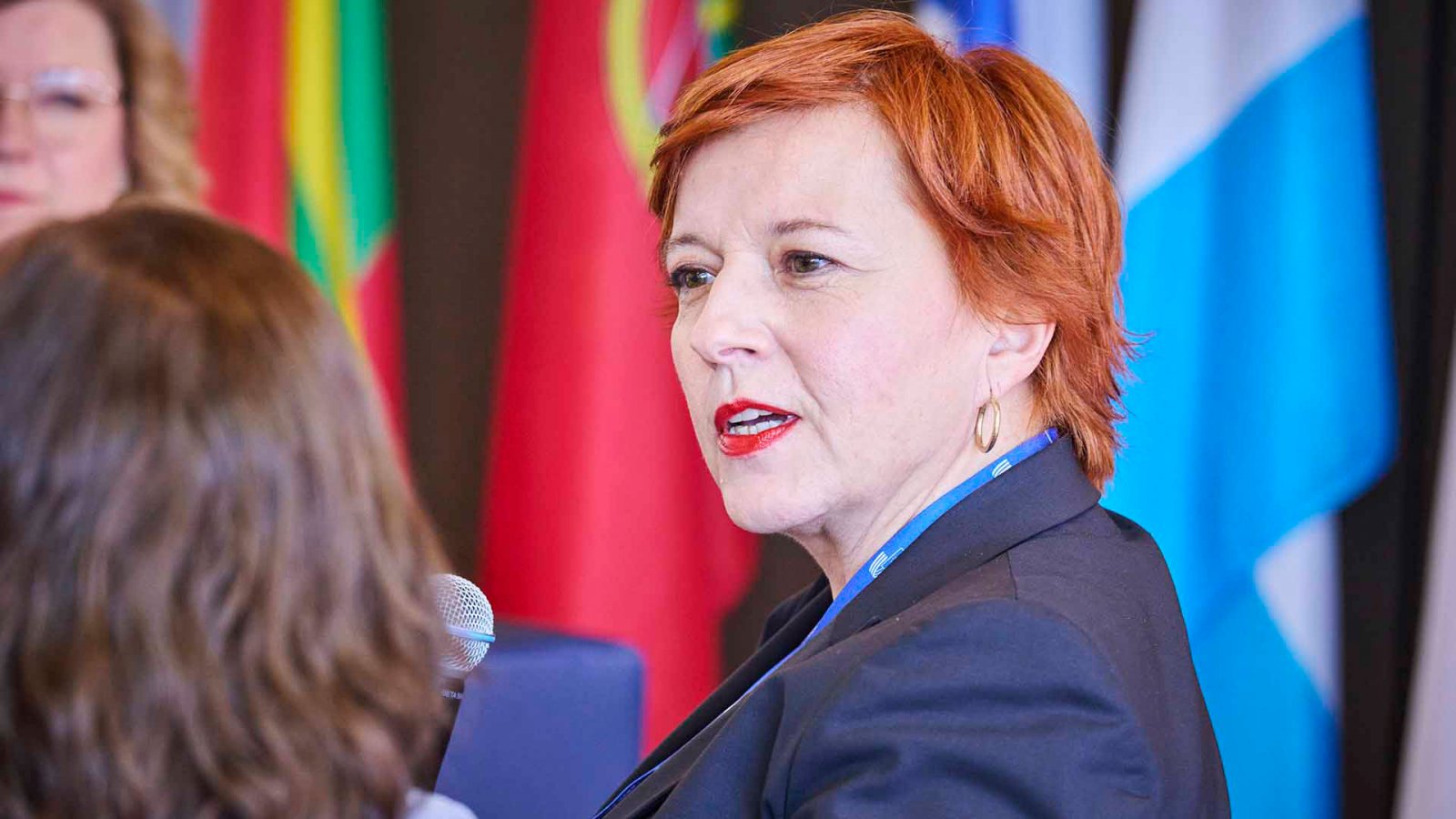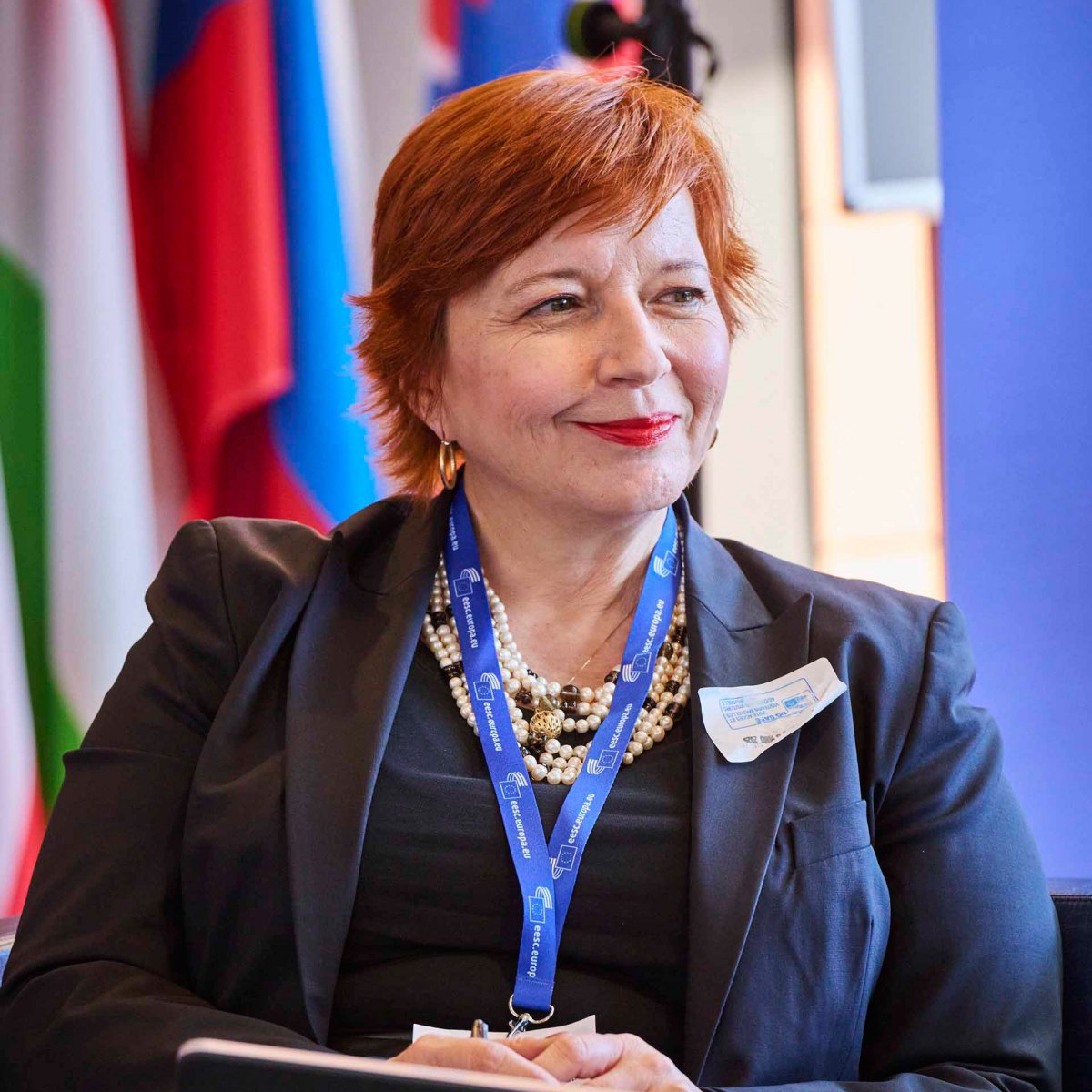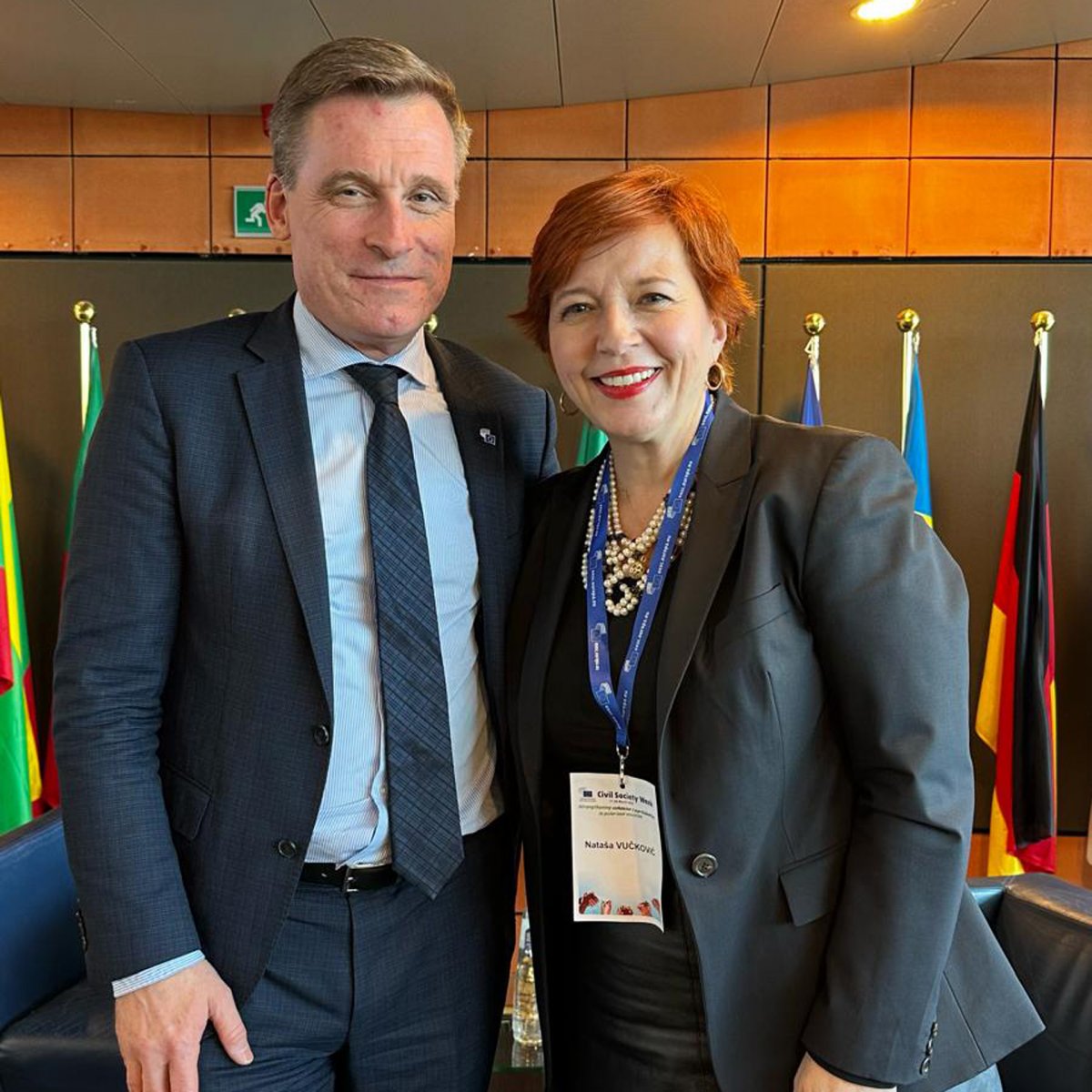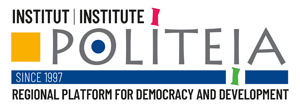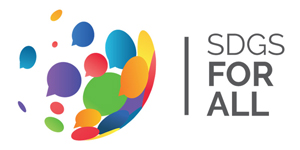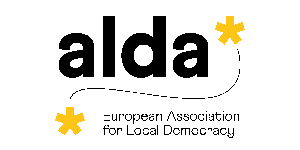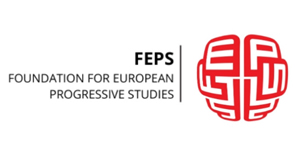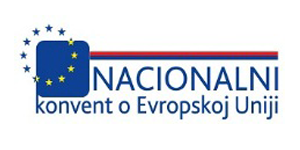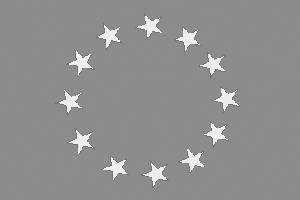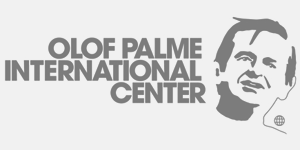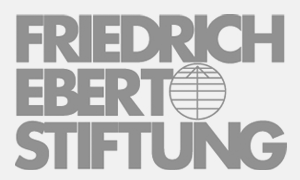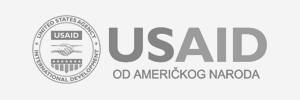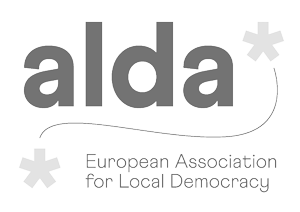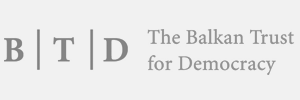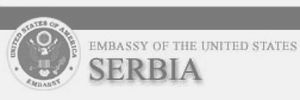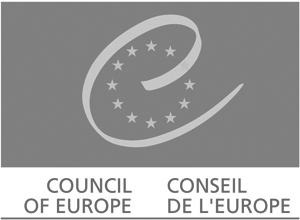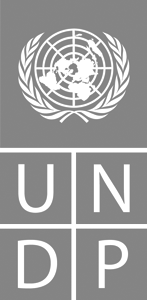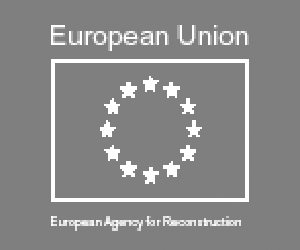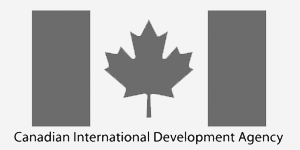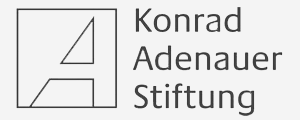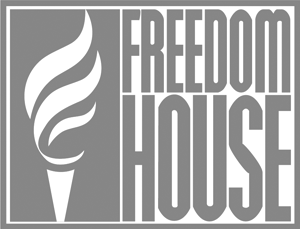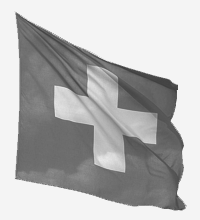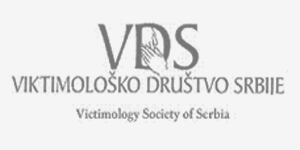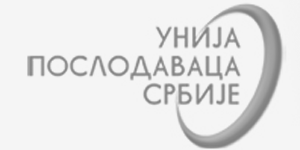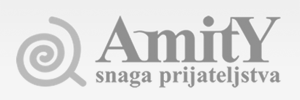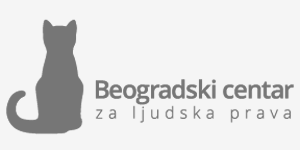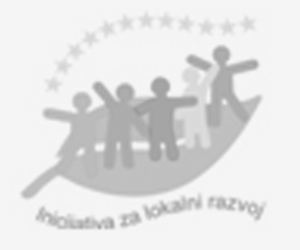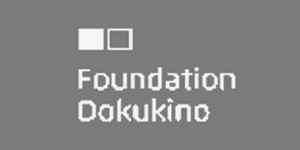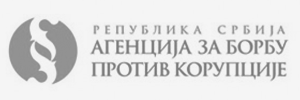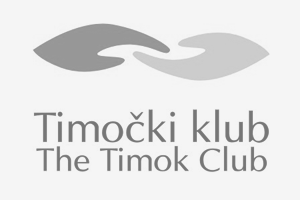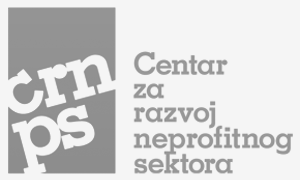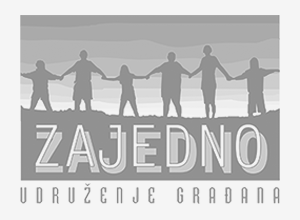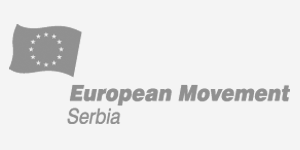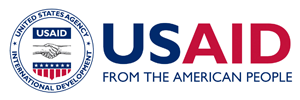Vučković in Brussels: Civil Society Ensures Citizens’ Voices Are Heard
Civil Society Week 2025 - European Economic and Social Committee (EESC)
Nataša Vučković, President of the European Association for Local Democracy (ALDA) and Secretary General of the Center for Democracy Foundation (CDF) stated in Brussels that civil societies ensure the voices of citizens are heard and that civil societies in Serbia need support and solidarity of the European Union.
“Inclusive dialogue is only possible in an environment enabling mutual respect among its participants. Our shared task is to restore our the people’s trust in institutions,” Vučković said.
Speaking at the closing session of Civil Society Week 2025, organised by the European Economic and Social Committee (EESC), Vučković stressed that it is in the EU’s interest to ensure a strong and enabling environment for civil society organisations, particularly in the Western Balkans.
Civil Society Week 2025 was held in Brussels from 17 to 20 March 2025, bringing together over 800 participants, including representatives of EU institutions, civil society organisations, journalists, and other key stakeholders.
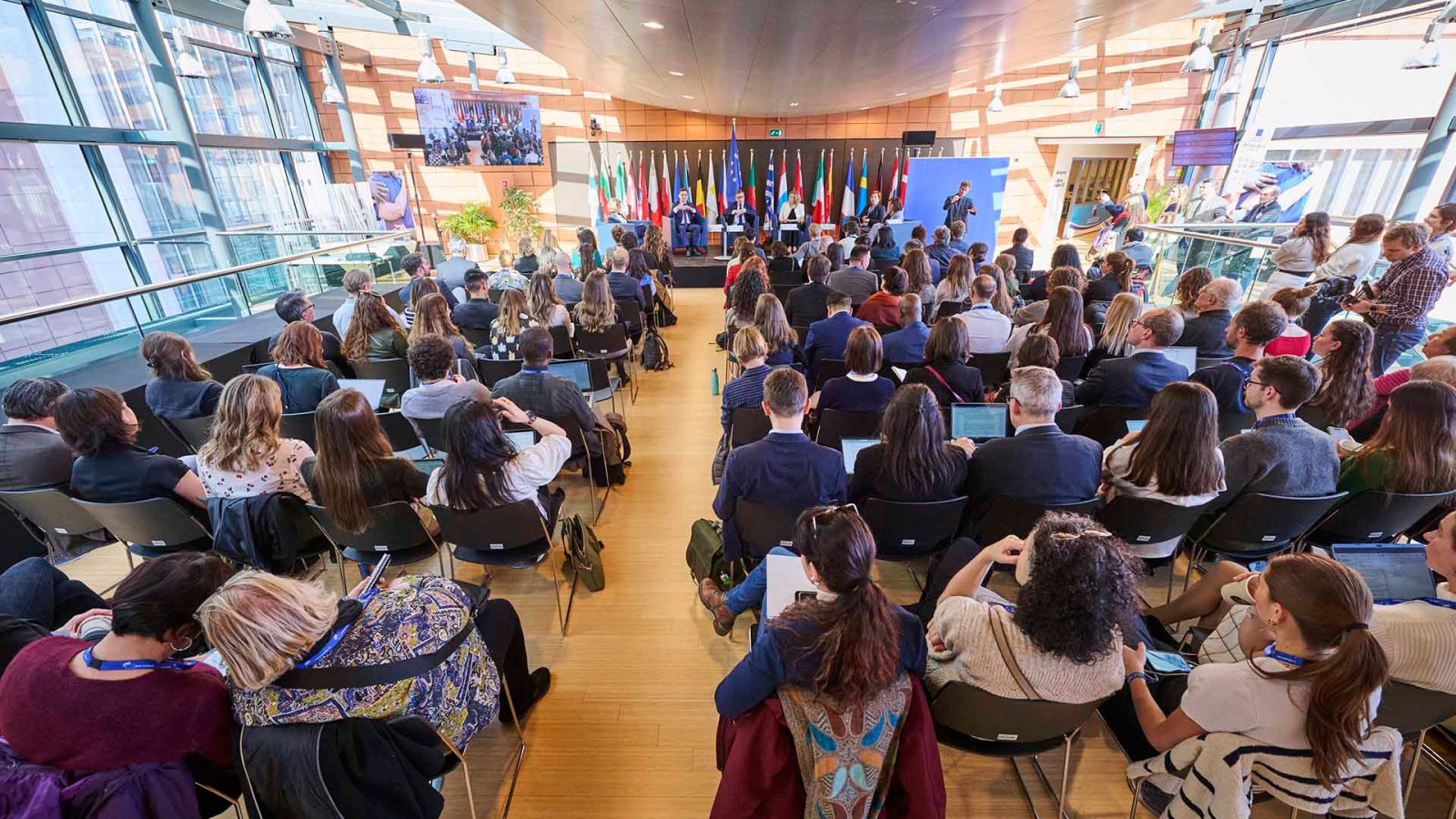
The interactive debate focused on future steps to strengthen social cohesion in polarised societies and the role of civil society organisations in safeguarding civic and democratic space. Panellists included: Oliver Röpke, President of the EESC; Henna Virkkunen, Executive Vice-President of the European Commission; Victor Negrescu, Vice-President of the European Parliament; Nataša Vučković, Secretary General of the CDF and President of ALDA; and Gabriella Civico, President of Civil Society Europe.
Key topics included empowering the citizenry through education and participation, strengthening the European Citizens’ Initiative, amplifying youth voices in decision-making, affordable housing, and support and funding for civil society organisations.
More info: Civil society is key for depolarising Europe
***
The EESC is the first body of the European Union that opened its doors to representatives of civil society from EU candidate countries.
The Secretary General of the Center for Democracy Foundation, Nataša Vučković, is a member of the Joint Consultative Committee (JCC) composed of representatives from the European Economic and Social Committee, civil society organisations, and social partners in the field of socio-economic development.
The EU-Serbia Civil Society Joint Consultative Committee (JCC) is one of the bodies set up under the Stabilisation and Association Agreement between the European Union and Serbia.
The JCC enables civil society organisations (CSOs) from both sides to monitor Serbia's progress towards the European Union, and to adopt recommendations for the attention of the government of Serbia and the EU institutions.
The JCC understands the notion of civil society as encompassing organisations of employers, trade unions and other economic, social and civic interests.
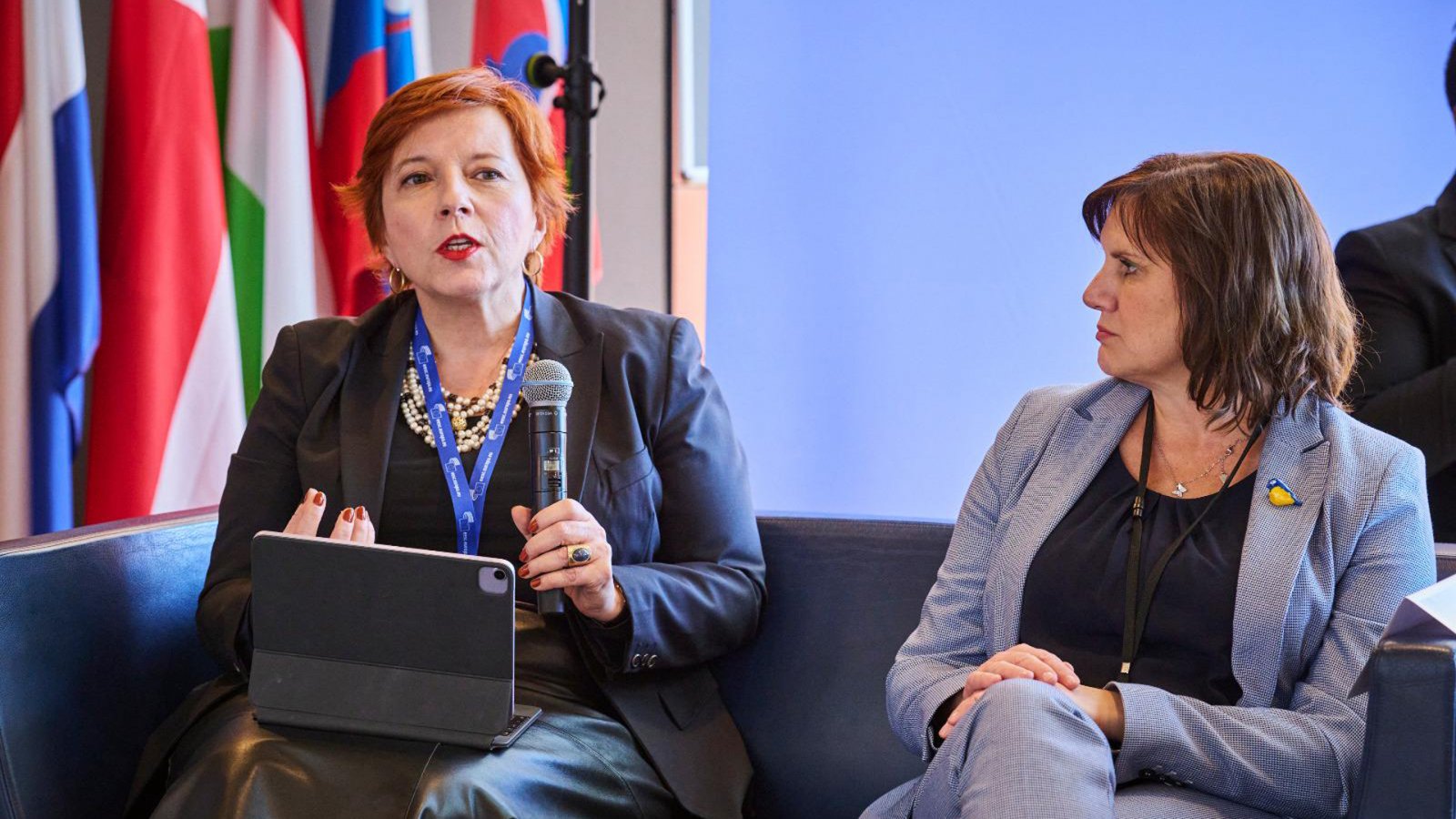
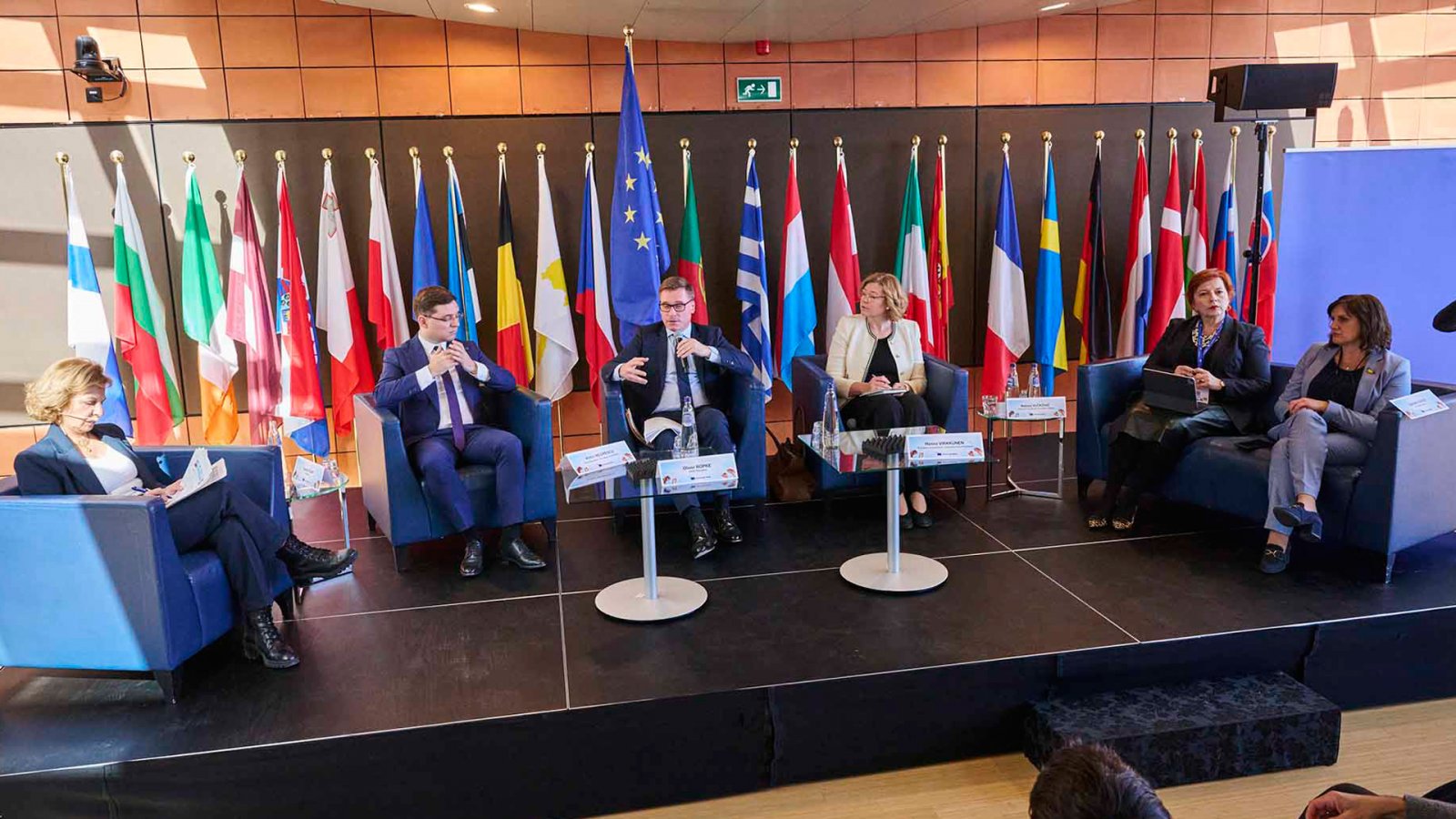
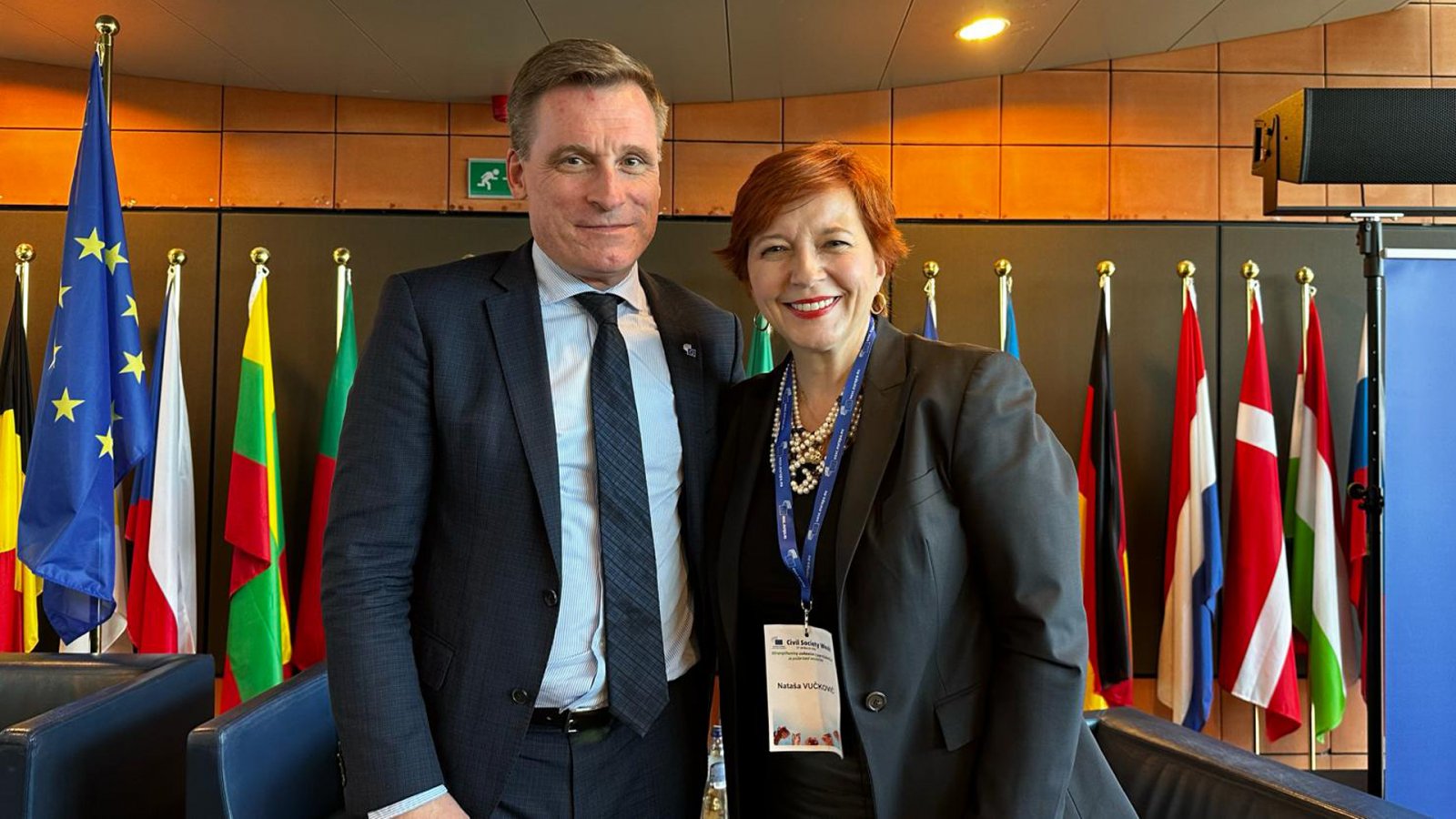
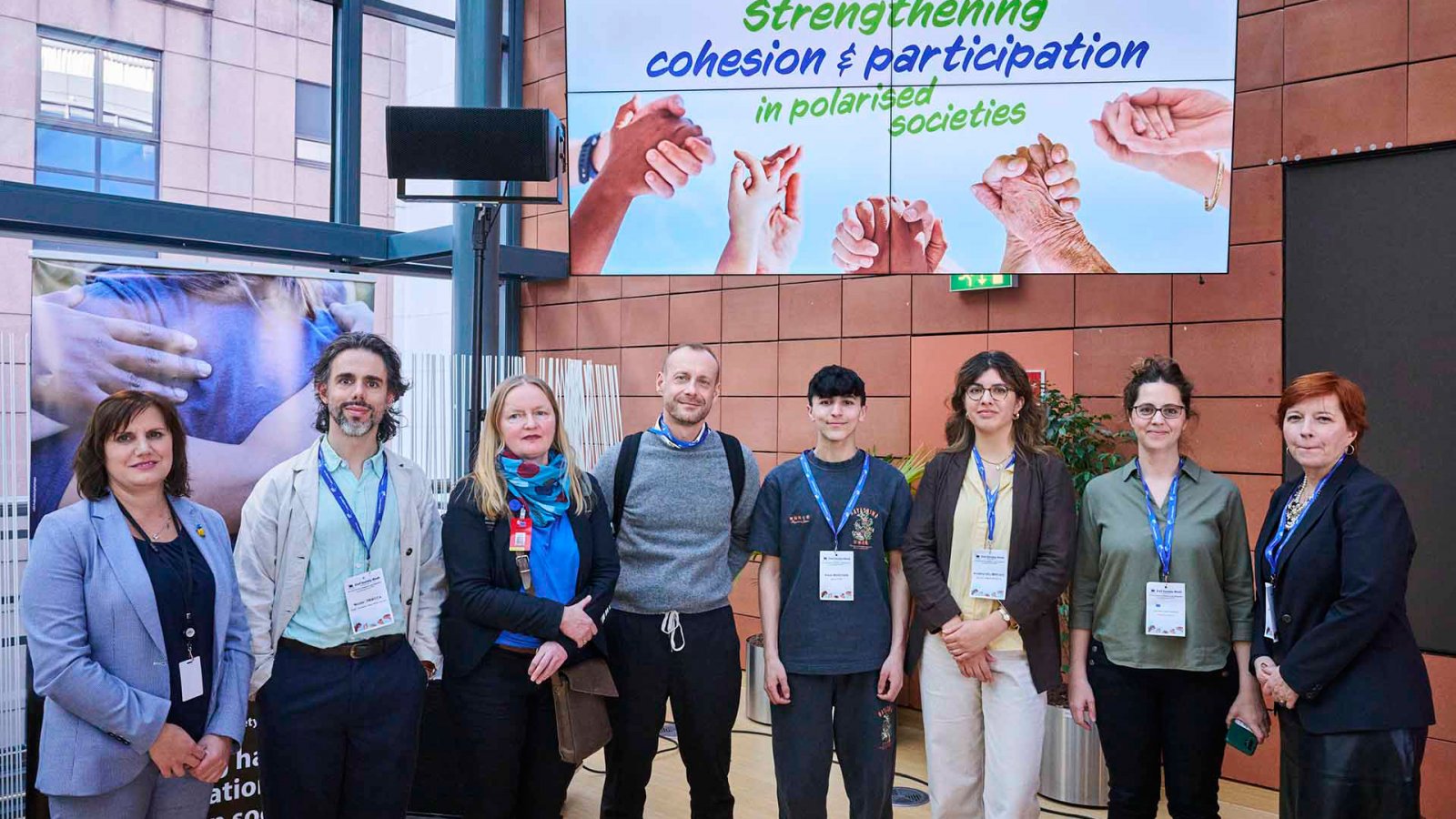
Center for Democracy Foundation
Photo credit: EESC
PUBLICATIONS
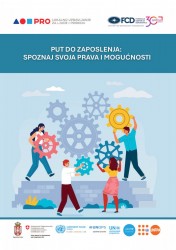 Manual “The Path to Employment: Get to Know Your Rights and Opportunities”
Manual “The Path to Employment: Get to Know Your Rights and Opportunities”
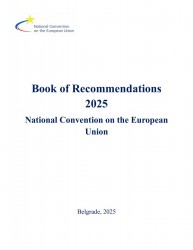 NCEU Book of Recommendations 2025
NCEU Book of Recommendations 2025
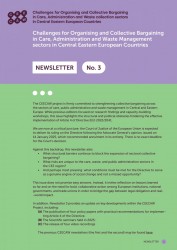 Challenges for Organising and Collective Bargaining in Care, Administration and Waste collection sectors in Central Eastern European Countries
Challenges for Organising and Collective Bargaining in Care, Administration and Waste collection sectors in Central Eastern European Countries
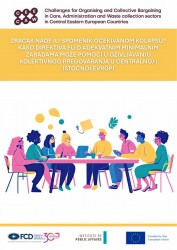 Public Policy Proposals – Collective Bargaining (CEECAW)
Public Policy Proposals – Collective Bargaining (CEECAW)
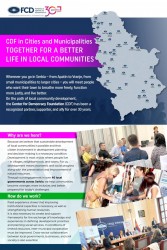 CDF in Cities and Municipalities: Together for a Better Life in Local Communities
CDF in Cities and Municipalities: Together for a Better Life in Local Communities
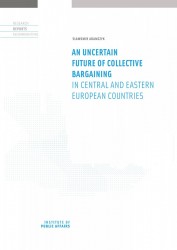 Comparative reports on collective bargaining - CEECAW
Comparative reports on collective bargaining - CEECAW
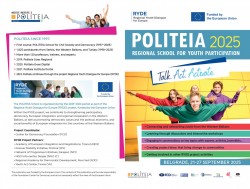 POLITEIA – Regional School for Youth Participation 2025 (leaflet)
POLITEIA – Regional School for Youth Participation 2025 (leaflet)
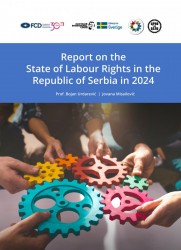 Report on the State of Labour Rights in the Republic of Serbia in 2024
Report on the State of Labour Rights in the Republic of Serbia in 2024
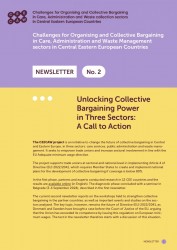 Unlocking Collective Bargaining Power in Three Sectors: A Call to Action
Unlocking Collective Bargaining Power in Three Sectors: A Call to Action
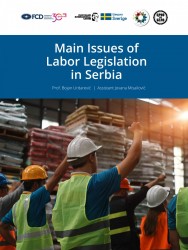 Main Issues of Labor Legislation in Serbia
Main Issues of Labor Legislation in Serbia
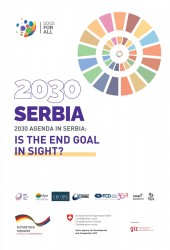 New Monitoring Report by the “SDGs for All” Platform: Is the End Goal in Sight?
New Monitoring Report by the “SDGs for All” Platform: Is the End Goal in Sight?
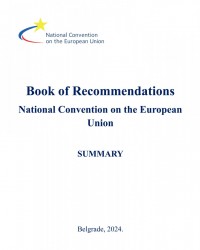 NCEU Book of Recommendations 2024 (Summary)
NCEU Book of Recommendations 2024 (Summary)
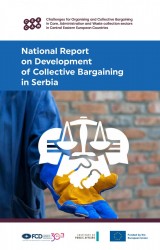 National reports on collective bargaining in Serbia - CEECAW
National reports on collective bargaining in Serbia - CEECAW
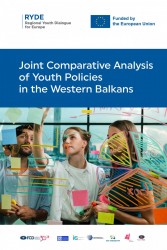 The Comparative Analysis of Youth Policies in the Western Balkans (WB)
The Comparative Analysis of Youth Policies in the Western Balkans (WB)
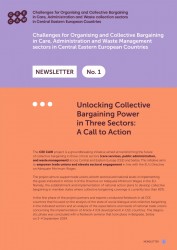 Unlocking Collective Bargaining Power in Three Sectors: A Call to Action
Unlocking Collective Bargaining Power in Three Sectors: A Call to Action
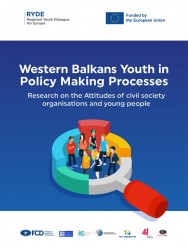 Western Balkans Youth in Policy Making Processes
Western Balkans Youth in Policy Making Processes
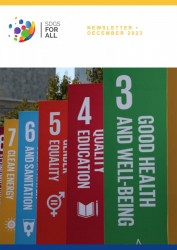 SDGs for All Platform newsletter (December 2023)
SDGs for All Platform newsletter (December 2023)
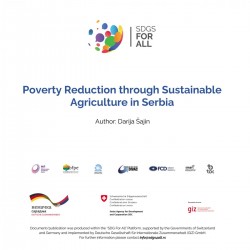 Analysis: Poverty Reduction Through Sustainable Agriculture in Serbia (with Summary)
Analysis: Poverty Reduction Through Sustainable Agriculture in Serbia (with Summary)


